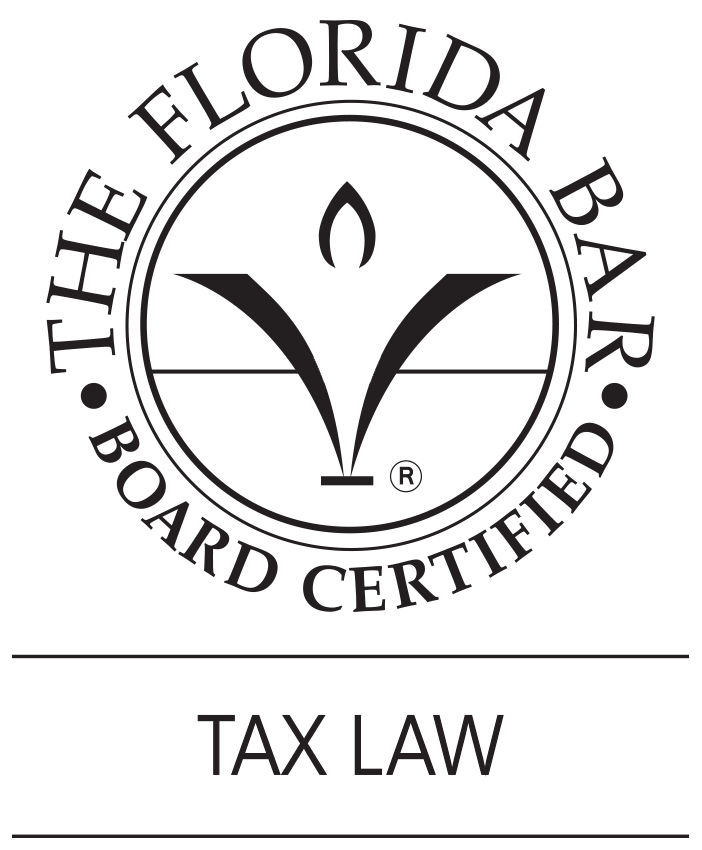Blog » Notes on Ontario Asset Protection Legislation
October 3rd 20231. Creditor Protection Legislation in Ontario is centered on Insurance and RRSP’s.
191. Insurance Act (1) An insured may in a contract, or by a declaration other than a declaration that is part of a will, filed with the insurer at its head or principal office in Canada during the lifetime of the person whose life is insured, designate a beneficiary irrevocably, and in that event the insured, while the beneficiary is living, may not alter or revoke the designation without the consent of the beneficiary and the insurance money is not subject to the control of the insured or of the insured’s creditors and does not form part of the insured’s estate.

196. Insurance Act (1) Where a beneficiary is designated, the insurance money, from the time of the happening of the event upon which the insurance money becomes payable, is not part of the estate of the insured and is not subject to the claims of the creditors of the insured. R.S.O. 1990, c. I.8, s. 196 (1).
(2) While a designation in favour of a spouse, child, grandchild or parent of a person whose life is insured, or any of them, is in effect, the rights and interests of the insured in the insurance money and in the contract are exempt from execution or seizure. R.S.O. 1990, c. I.8, s. 196 (2); 1999, c. 6, s. 31 (3); 2005, c. 5, s. 35 (4).
An irrevocable designation that is consistent with 196 (2) above is exempt from seizure. This extends to Annuity contracts and Segregated Funds, the insured is the person who entered into the contract with the insurance company; the beneficiary includes anyone other than insured or personal rep of insured. If a beneficiary is designated (ie even as person who takes payment of annuity after the insured) then all annuity payments are protected including the ones going to the insured. So it appears possible to take out a segregated fund / annuity, designate a protected beneficiary as taking the remainder interest, and payments to the insured are protected. It may be possible to purchase Insurance products in other jurisdictions and rely on Ontario law to exempt these foreign contracts of insurance from seizure in Ontario.
Limitations: Family Law Based Creditors – s. 32 Family Responsibility and Support Arrears Enforcement Act provides that a support deduction order may be enforced despite any provision in any other Act protecting any payment owed by an income source to a payor from attachment or other process for the enforcement of a judgment debt. This will negate the above asset protection provisions. In addition, under the Succession Law Reform Act, any policy of insurance owned by the deceased is brought back into the deceased’s estate for purposes of meeting support obligations.
RRSP: Bill 120 Registered Retirement Savings Protection Act – should be effective to protect RRSP assets from creditors, excluding family law based creditors.
Common Law Discretionary Trust; excluding trusts wherein the Settlor is also a Beneficiary and subject to the application of Fraudulent Conveyance legislation; the creditor of a discretionary beneficiary of a common law trust will not be able to seize assets of the Trust. The creditor will however be able to seize assets that have been allocated to the discretionary beneficiary.
Bankruptcy exempts RRSP and RIF’s as constituting assets of the debtor’s estate, subject to a rule that claws back the prior 12 months of contributions back into the debtor’s estate. There is the potential to declare Bankruptcy have creditors claim’s discharged and retain assets in an RRSP.
Gifts and other transfers to related parties are subject to being unwound by Fraudulent Conveyance Legislation.
Use of Business Entity ( Partnership/Corporation) to shelter assets from Creditors. Family Law based creditors could have the entity held liable for sheltering income. Creditors of Shareholders / Partners can foreclose on the Shares / Partnership interest, sell that interest, or require that payments be made to directly to the Creditor. Also, for example, in the event of Discretionary Dividend Shares, creditor could make use of the Oppression Remedy and remedies for Breech of Directors Fiduciary Duties to force a wind up or redemption of the Shares. With respect to a Partnership; Section 10 (c ) of the Limited Partnership Act provides the Partner / Creditor to seek a dissolution of the partnership.
A tax issue could arise if the AP planner causes his or her related corporation to contribute to a discretionary trust. If the beneficiaries include person other than the Corporation there is a s. 15 ITA conferral of a benefit which would result in a deemed distribution to the AP Planner/ Shareholder.
DISCLAIMER: This document is written for general information only. It is not intended as legal advice or opinion.
Full List of Blog Posts
Follow this link for a full list of blog posts.



